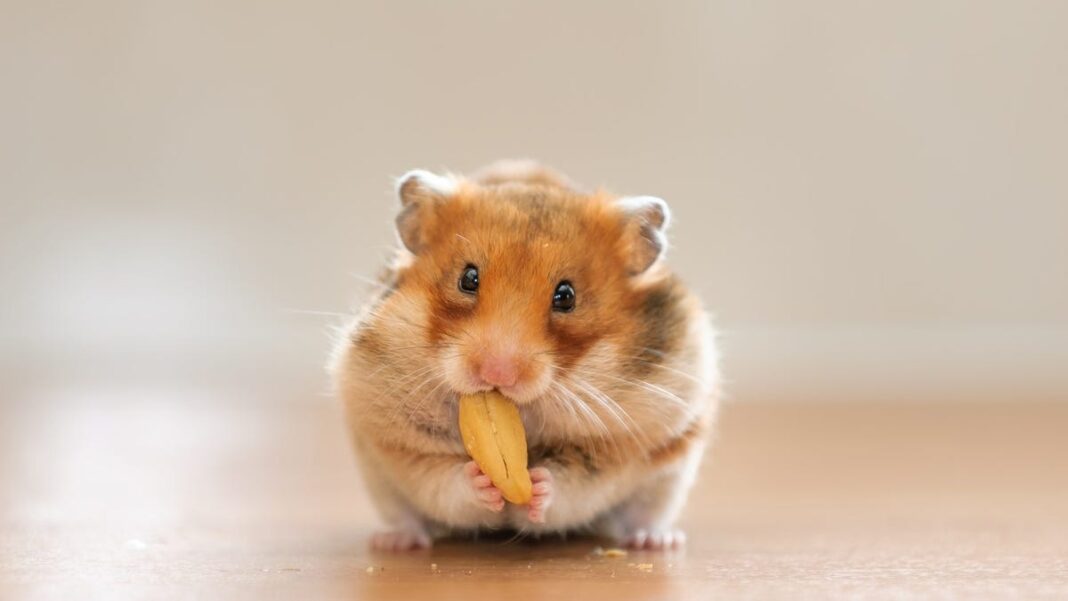Hamster Lifespan: Expert Advice for Keeping Your Small Pet Happy and Healthy
Hamsters are often regarded as beginner pets, given to children as a way to teach responsibility before considering larger animals like dogs or cats.
However, thinking of hamsters as easy-to-replace pets can be detrimental. Some owners may underestimate the importance of regular vet visits for their hamsters, according to Dr. Rebecca Greenstein, chief veterinarian at Kleinburg Veterinary Hospital.
This guide will help you provide the love and care your hamster deserves.
What is the Lifespan of a Hamster?
Typically, hamsters live between 1.5 to 3 years, depending on their species, as noted by the Humane Society.
Common causes of death in hamsters include respiratory and digestive infections, cancer, organ failure, and metabolic disorders, explains Greenstein. Watch for unusual symptoms like diarrhea or sneezing and take your hamster to the vet if you notice anything off—it could indicate an illness.
While some health issues are beyond your control, you can take proactive steps to maintain your hamster’s well-being.
Hamsters are solitary and nocturnal animals, according to Greenstein. If you own multiple hamsters, make sure to house them in separate, appropriately-sized cages equipped with exercise wheels, and provide plenty of quiet space for sleep during the day.
Although hamsters can groom themselves, it is the owner’s responsibility to maintain their living environment. Here are some cleaning tips from Petco:
- Daily: Replace dirty bedding and clean food and water bowls.
- Weekly: Change all bedding.
- Monthly: Relocate your hamster safely and wash the entire cage and all toys.
What Foods Should Hamsters Eat?
Not just any pet food will suffice; hamsters require specially formulated pellets designed for their nutritional needs, similar to how dogs need kibble. Always adhere to the feeding guidelines appropriate for your hamster’s breed and age.
Occasionally, you can offer seed mixes as a treat, but they should not make up most of their diet since hamsters may selectively eat their favorite parts, potentially leading to nutrient deficiencies, warns Greenstein.
Providing chewable items like toys or hay is also essential since hamsters’ teeth grow continuously. If their teeth become too long, visit your veterinarian for a manual trim.
Can Hamsters Have Grapes, Strawberries, or Other Human Foods?
Some human foods can be given sparingly as treats. For instance, spinach is safe in small portions, according to Greenstein.
However, certain foods like onion, garlic, rhubarb, and tomato leaves are harmful to hamsters and many sugary snacks are not suitable for them. Sticky food like peanut butter could also pose a choking hazard. Additionally, hamsters tend to dislike citrus flavors.
Overall, it’s safer to stick with their regular hamster feed, Greenstein recommends, noting that fruits, while not harmful, are high in sugar and should only be included in moderation, about 1-2 times per week.

